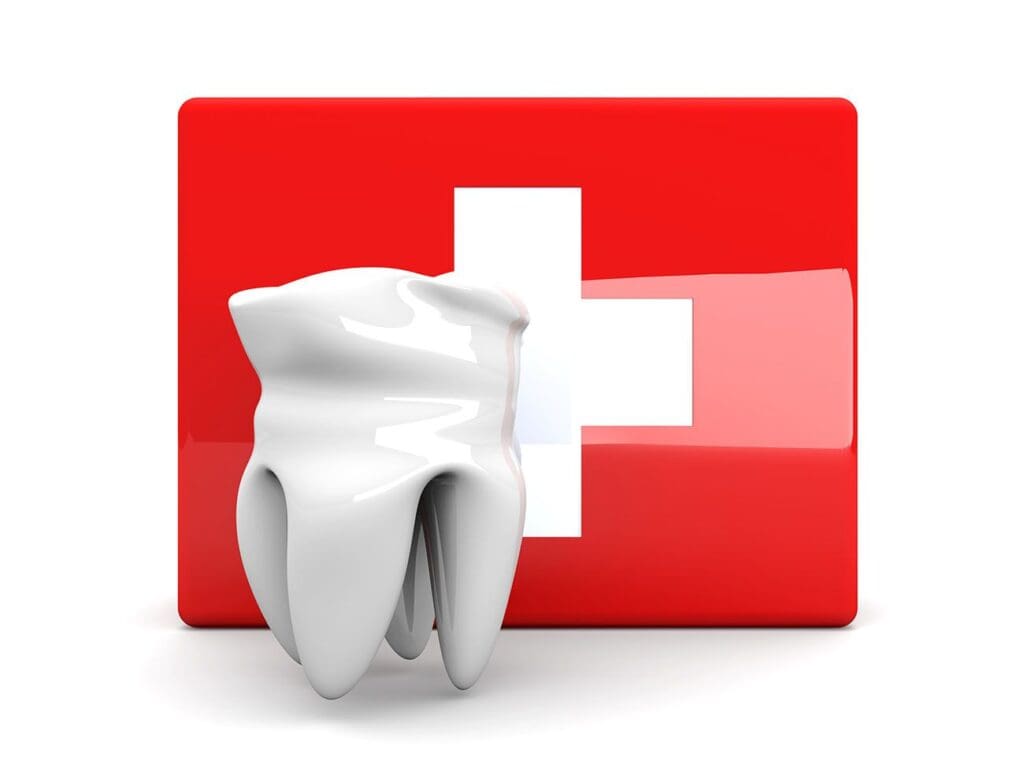At Flax Dental, we focus on preventive care to keep your oral health at its best. A good oral routine can help prevent dental emergencies. Our team is here to give you the advice, support, and treatment you need to keep your smile healthy for years. If you need emergency dentistry services in Sandy Springs and Atlanta, GA, we can help.
We handle dental emergencies and provide general care in our dental office in Northern Atlanta. Dental emergencies can happen unexpectedly, but we’re always ready to give you the care you need during those urgent times.

What is a Dental Emergency?
A dental emergency is any situation where you need quick help from a dentist to stop pain, avoid more problems, or save a tooth. Imagine waking up in the middle of the night with a terrible toothache that keeps you from sleeping or getting things done. Or maybe you’re playing a sport, and a bump knocks out one of your front teeth.
These emergencies can vary in severity. Some common examples include a severe toothache, a knocked-out tooth, and a broken tooth. These are the most common types of dental emergencies our services can help you with:
Severe Toothache
This strong pain might mean you have an infection or abscess. You will need quick treatment to ease the pain and stop the infection from spreading. Take pain medication at home, then call our office. We will find the source of your tooth pain and swiftly address it.
Knocked-Out Tooth
If a tooth gets knocked out from sports or an accident, quick action can help save it. Handle the tooth by its crown (the top part), rinse it gently with your own saliva if it’s dirty, and try to put it back into the socket. Then, get to our emergency dentist as soon as possible.
You can also keep the lost tooth in a cup of saliva to keep it moist. This will increase our chance of reattaching the tooth. However, if we can’t reattach the tooth, we can replace it with a strong dental implant.
Broken or Cracked Tooth
A broken or cracked tooth can expose the sensitive inside, causing pain, sensitivity, and a risk of infection. You should get prompt treatment to stop more damage and fix the tooth’s function and look. Before you visit our office, hold a clean piece of gauze on the affected tooth. You can also take over-the-counter pain medication to manage any pain.
Depending on the extent of your tooth damage, we may recommend a crown or a tooth extraction. A crown will repair, cover and protect your injured tooth. If we can’t save it, we may remove and replace the severely injured tooth.
Abscessed Tooth
An abscessed tooth is a painful infection that forms at the root of a tooth or between the gum and tooth. This occurs when bacteria enter the tooth through a cavity or crack. Symptoms include severe toothache, swelling, fever, and a bad taste in the mouth.
Without treatment, the infection can spread to other areas. Dr. Flax can treat an abscess by draining it to remove the infection. In some cases, the patient might need a root canal to save the tooth. We can also prescribe antibiotics to help clear the infection and reduce swelling.
Lost Dental Crown
A lost dental crown can be uncomfortable and may cause sensitivity to hot or cold foods and drinks. It exposes the underlying tooth, which can become more vulnerable to damage or decay. If you lose a crown, it’s important to see a dentist right away to prevent further complications.
Dr. Flax will assess the tooth and, if possible, reattach the crown. If the crown is damaged or cannot be reused, a new one will be made to restore the tooth’s function and appearance.
Bleeding Gums That Won’t Stop Bleeding
Bleeding gums that don’t stop can mean an injury or a more serious issue like gum disease. If you notice persistent bleeding, quickly seek help from a dentist. They will carefully examine the gums to determine the cause.
Depending on the situation, the dentist may perform a deep cleaning to remove plaque and tartar buildup. Then treat any injuries to the gums. In severe cases, you might need medications or other treatments to control the bleeding and address any underlying issues.
How to Deal with a Dental Emergency in Sandy Springs, GA
Dental emergencies can be scary, but quick action is key to protecting your oral health. If you have a dental emergency, stay calm and follow these steps to minimize damage and get the care you need:
- Contact Our Dentist Right Away: The first thing you should do in any dental emergency is call our office as soon as possible. We prioritize emergencies and will do our best to see you quickly. The faster you get to the dentist, the better your chances of preventing further damage.
- Manage Pain and Bleeding: If you’re in pain, over-the-counter pain relievers can help until you can see our dentist. If your mouth is bleeding, apply gentle pressure to the area with a clean piece of gauze or a cloth. Putting pressure on the source can help stop the bleeding.
- Save a Knocked-Out Tooth: If you lose a tooth, carefully handle it by the crown (the top part), not the root. If the tooth is dirty, rinse it gently with water, but don’t scrub it. Place the tooth back in the socket if you can. If this isn’t possible, put the tooth in a container of saliva and bring it to our office as soon as possible.
Emergency Dentistry FAQs
Read answers to common questions about emergency dentistry in Atlanta, GA, and Sandy Springs, GA:
What is not a dental emergency?
Not all dental problems need emergency care. While some issues might be uncomfortable, they can usually wait until your next dental appointment. Some examples include:
- Minor Tooth Sensitivity: If your teeth are sensitive to hot or cold, but you’re not in severe pain, this is typically not an emergency. You can treat tooth sensitivity with special toothpaste for sensitive teeth. You should still mention it during your regular check-up, but it doesn’t usually need immediate attention.
- Slight Tooth Pain: A mild toothache or discomfort that comes and goes may not be urgent. Contact Dr. Flax if the pain lasts several days or worsens. He can find the cause of the pain.
- Small Chipped Tooth: A minor tooth chip or crack that isn’t causing pain is generally not an emergency. But if the chip is sharp or begins to hurt, call our office right away. We may recommend dental bonding treatment to fix your tooth.
What do I do if I have something stuck in my gums?
If you feel food or debris stuck between your teeth and gums, rinse your mouth with warm salt water. Mix half a teaspoon of salt in a cup of warm water and swish gently.
Next, use dental floss carefully. Gently slide the floss up and down along both sides of the affected tooth. Avoid snapping the floss, which could push the object deeper or hurt your gums. You may also use a floss threader or interdental brush.
Use a toothbrush if rinsing and flossing don’t help. Brush the area with gentle circular motions at a 45-degree angle toward your gumline. Contact our office if the object remains stuck. Dr. Flax can use special tools to remove the object.
What home remedies can temporarily relieve dental pain before I can see a dentist?
If you have a toothache or dental pain and can’t see a dentist right away, these safe home remedies may help temporarily until your appointment:
- Saltwater Rinse: Mix ½ teaspoon of salt in a cup of warm water. Swish gently for 30 seconds, then spit. This reduces swelling and kills bacteria.
- Cold Compress: Hold an ice pack (wrapped in a cloth) against your cheek near the painful area for 15 minutes. Do not use a compress for over 15 minutes at a time. This numbs pain and reduces inflammation.
- Over-the-Counter Pain Relief: Take pain medication as directed on the label. Avoid aspirin directly on gums because it can burn tissue.
- Elevate Your Head: Prop up with extra pillows when lying down. This reduces blood flow to the painful area and can ease throbbing.
How long do I have to save a knocked-out tooth before it can no longer be reattached?
If your tooth gets knocked out, getting to a dentist within 30 minutes for the highest chance of successful reattachment. Teeth can sometimes be saved if treated within 1-2 hours, but chances decrease the longer you wait.
Ensure you pick up the tooth by the crown and keep it moist to increase the chance that we can save your tooth.
Can preventive care prevent dental emergencies?
With preventive dental care, you can avoid emergencies and keep your smile healthy and beautiful for life. Regular check-ups let your dentist find problems early when they’re easier and cheaper to fix. Good brushing, flossing, and professional cleanings can stop tooth decay, gum disease, and other issues that might lead to emergencies.
What do I do if I have a fever and tooth pain?
If you have a fever along with tooth pain, it could mean a dental abscess.
Do not apply heat, pop bumps in your gums, or ignore these signs. Call us immediately if you think you may have a tooth abscess.
You should go to Go to the ER if you have:
- Trouble breathing or swallowing
- Swelling that spreads to your face/neck
- Confusion or severe fatigue
Can a dentist treat gum injuries?
Yes, we can treat most gum injuries. We can help stop bleeding if you puncture or cut your gums. Our office can also help repair your gums. But if you have excessive bleeding or severe trauma, we recommend that you go to the ER.
Do you provide same-day emergency dental care?
Yes! We provide same-day emergency dental care for patients with urgent problems like:
- Severe toothaches
- Knocked-out or broken teeth
- Lost fillings or crowns
- Dental injuries from accidents
When you call with an emergency, we’ll get you in as quickly as possible. We are prepared to handle time-sensitive dental issues.
Get Same-Day Care
Visit Flax Dental today for all the preventive care you need. If you need emergency dentistry services in Sandy Springs or Atlanta, GA, call 470-635-3604. Schedule an appointment online if you have a dental problem but do not need emergency care.
